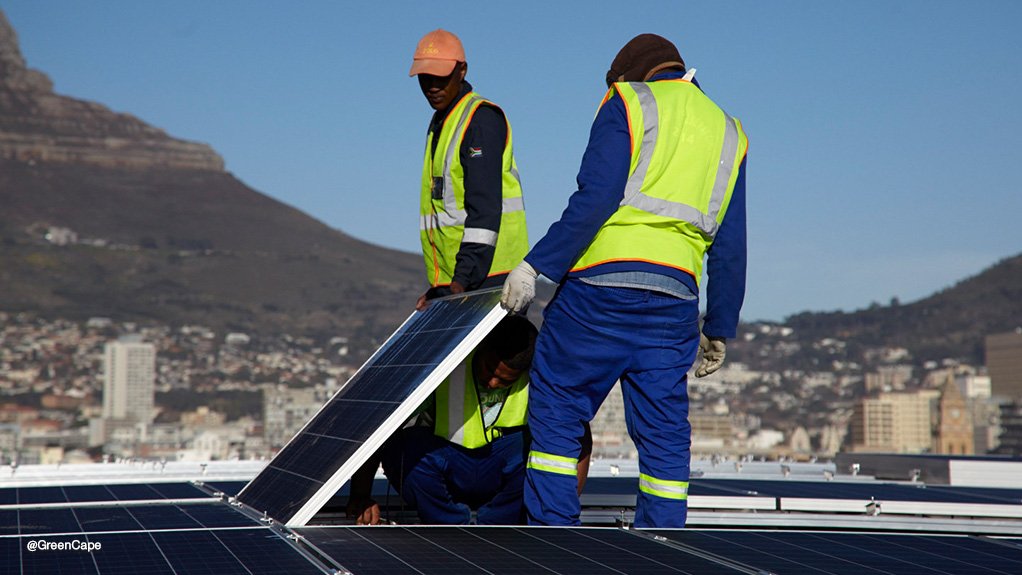South Africa’s statistics agency is considering including self-generated power in its monthly electricity-generation data as more households and businesses reduce their reliance on State-owned utility Eskom.
Adding the metric would broaden a key indicator used by economists to compile estimates of gross domestic product at a time when consumers are being forced to find alternative sources of energy because Eskom’s old and poorly maintained plants can’t cope with demand.
“We actually need to find a smarter way to measure the electricity that’s self-generated, because at the moment our monthly survey covers Eskom mostly and there’s about 20 other smaller power stations,” Joe de Beer, deputy director-general of economic statistics at Statistics South Africa (Stats SA), said in an interview in the capital, Pretoria. The agency currently doesn’t measure how much power is generated by shopping centres, big mines and manufacturers that use solar plants, he said.
A surge in manufacturing output in September despite the worst month on record of load-shedding — the local term for planned outages — suggests companies may be relying more on alternative sources of power supply during blackouts, Peter Worthington, a senior economist at Absa Bank.
Better-than-expected third quarter economic growth of 1.6%, compared with a contraction of 0.7% in the prior three-month period, may also point to industries using alternative energy sources.
“Economic activity was reasonably firm in electricity intensive sectors during peak load-shedding months, indicating a higher level of back-up usage and alternative sources of energy coming onstream,” said Sanisha Packirisamy, an economist at Momentum Investments. “That together with a structural decline in energy intensity in South Africa can explain the difference.”
The South African Reserve Bank said last month that record power outages mean the economy is only likely to expand by 0.1% in the final quarter. It predicts GDP growth will slow to 1.1% in 2023 from 1.8% this year and it assumes increased power rationing will shave 0.6 percentage points off output.
An income and expenditure survey that field workers began collecting data for last month may provide more insight into what households are doing, De Beer said.
EMAIL THIS ARTICLE SAVE THIS ARTICLE
To subscribe email subscriptions@creamermedia.co.za or click here
To advertise email advertising@creamermedia.co.za or click here











